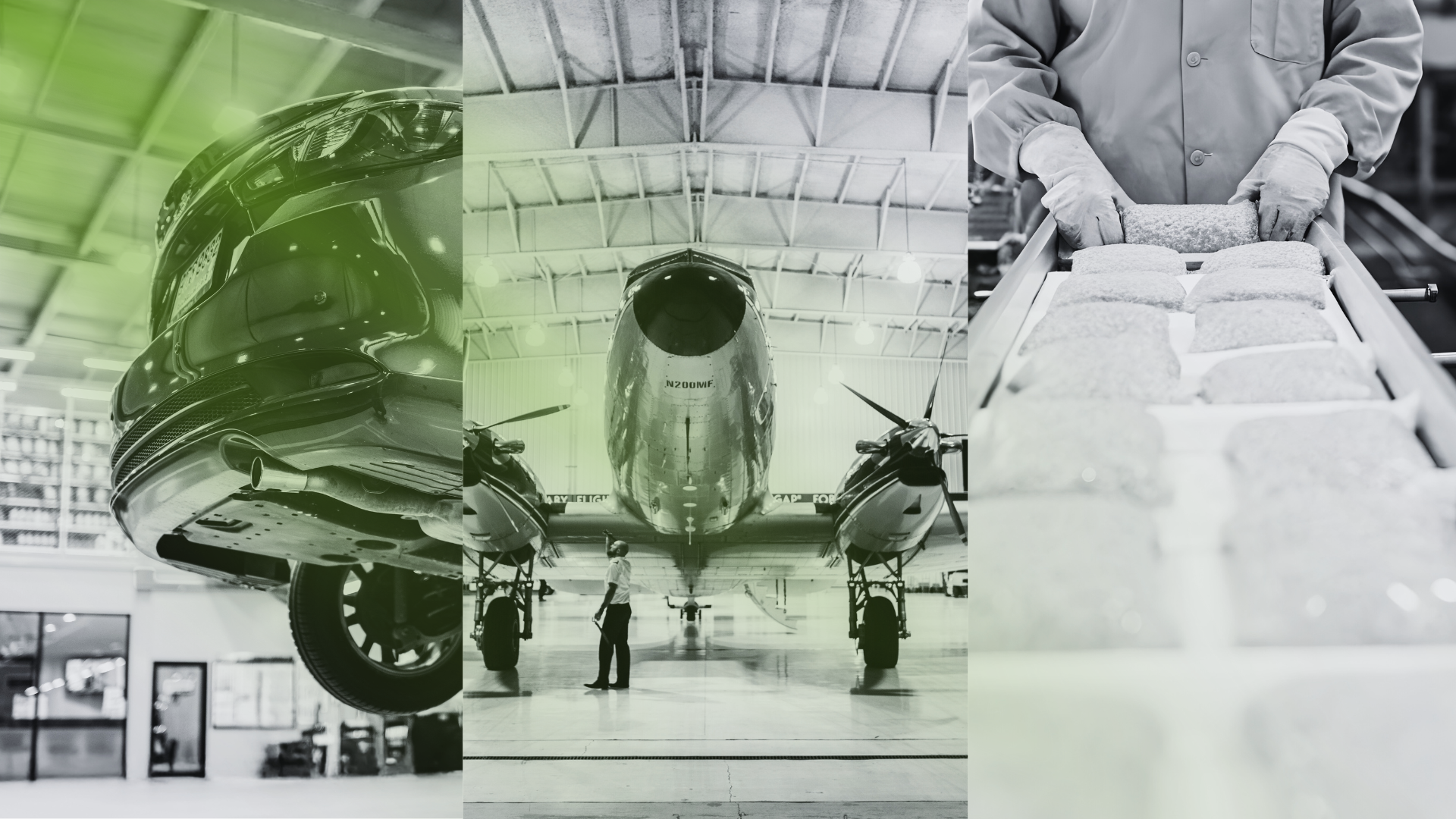On 2nd April, US President Donald Trump revealed a series of extensive trade tariffs on imported goods entering the United States. Although the UK faces only a ten percent tariff, significantly lower than many other countries, the move is still projected to result in billions in lost growth.
Aimed at strengthening the US economy and safeguarding manufacturing jobs across the pond, the tariffs are anticipated to ripple across the globe, with China, one of the countries hardest hit, already preparing to retaliate.
The President has implemented a baseline ten percent tariff on all imported goods, set to take effect on April 5th. While the UK and several other countries will only face this base rate, other nations and regions such as the European Union (20%), Japan (24%), and China (a substantial 54%) will face customised tariff rates.
Additionally, as anticipated, the President announced the start of a new ‘25% tariff on all foreign-made automobiles’. This tariff took effect almost immediately at midnight, local time, and could pose significant challenges for the UK automotive industry.
How is the world reacting to Trump's tariffs?
Global stock markets dropped, and several world leaders condemned the new tariffs.
European Commission President Ursula von der Leyen warned that "the consequences will be dire for millions of people around the globe."
EU countries are finalizing their response to the 25% tariffs on steel and aluminium and may introduce additional measures. The European Commission has vowed to protect European industries, including Germany's car sector, Italy's luxury goods, and France's wine producers.
China has pledged "resolute countermeasures," which are likely to impact US companies trying to tap into the vast Chinese market. However, Trump's tariffs could also work in China's favor, giving President Xi Jinping an opportunity to present his country as a champion of free trade, according to the BBC's China correspondent Stephen McDonell.
UK Prime Minister Sir Keir Starmer acknowledged the economic impact of the tariffs but vowed to respond with "cool and calm heads."
Business Secretary Jonathan Reynolds told MPs that the government would assess how retaliatory tariffs on US products might affect British businesses.
Canada's Prime Minister Mark Carney stated that the country would retaliate "with purpose and with force" to protect workers and strengthen its economy. On Thursday, he announced a 25% levy on all vehicles imported from the US that do not comply with the current North American free trade agreement.
How tariffs could affect the UK:
The UK is facing a 10% tariff on goods exported to the US, but there’s a lot of uncertainty about what this will mean for the UK:
Prices could rise - or fall
Once the tariffs are implemented, the dollar may strengthen, potentially increasing import costs for UK businesses, which could result in higher prices for consumers. However, some economists believe prices might initially drop, as companies that typically sell to the US may shift their goods to markets like the UK, leading to an influx of cheaper products here.
Interest rates may remain high
With rates currently at 4.5%, economists had anticipated two rate cuts this year. However, if inflation rises due to higher prices, rates could remain elevated for a longer period.
Shift in labour and skilled workers
With increased costs to business the potential for available skilled workers could become significant giving businesses the opportunity to explore further hiring strategies.
Get in touch with our team to discuss your recruitment strategy and how to stay ahead in these changing times.


